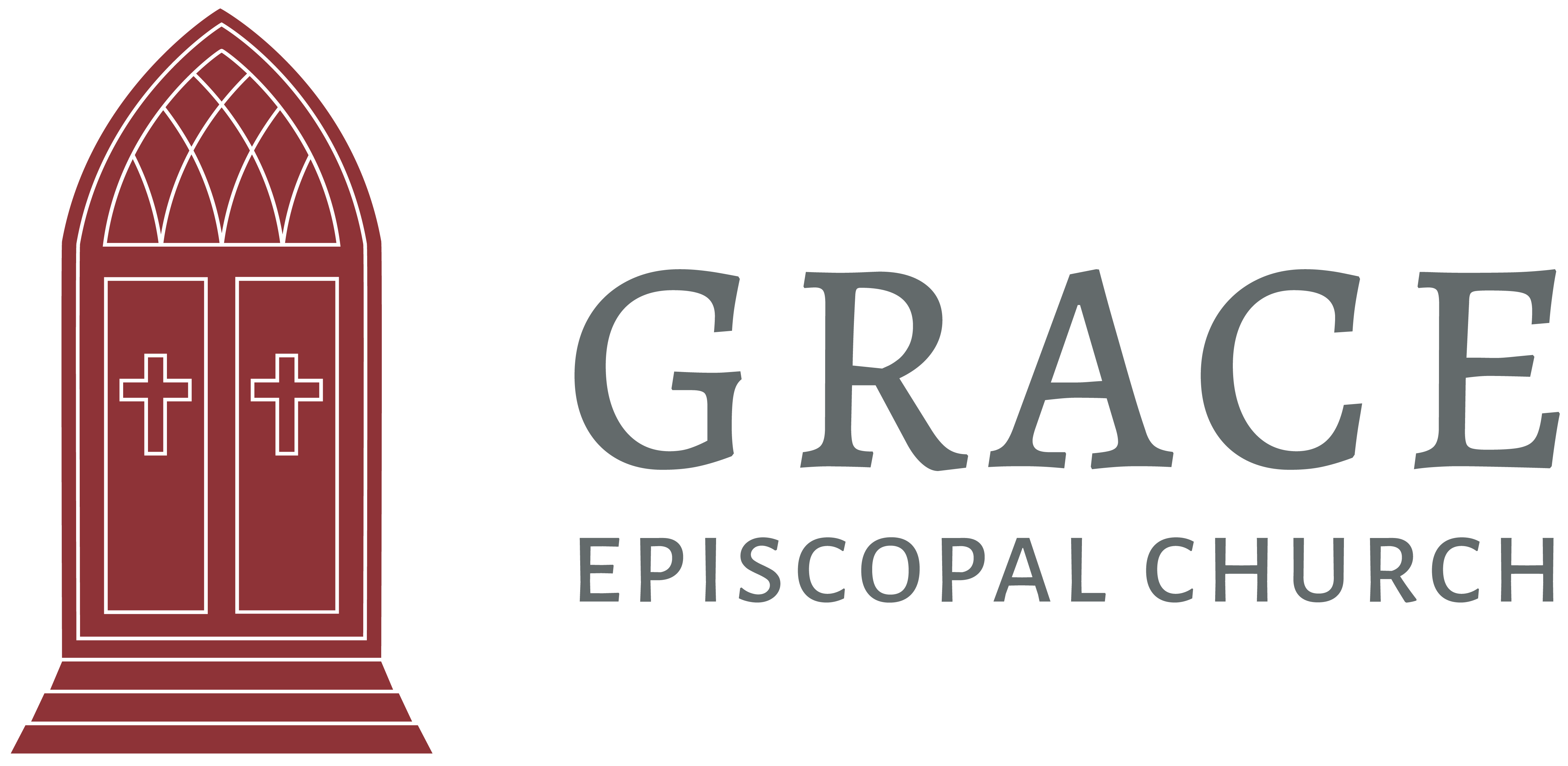Psalm 20, 21; 1 Kings 7:51-8:21; Acts 28:17-31; Mark 14:43-52
The one I kiss is the man.
So often, it’s the people who are closest to us who hurt us the most. Sometimes, they even do it ‘with intent,’ knowing full well that they’re hurting us. Every divorce–all of them–is always a study in two people, typically two good people, causing one another pain. Teens snarling cruel things to parents because they know no other way to self differentiate, parents playing their power card harshly because they’re afraid of letting irresponsible kids (who may even be actually irresponsible!) make the wrong decision, leaders who have no good decisions available but have to choose among bad and less-bad decisions, all of them leaving someone licking wounds: the world is so constructed that people hurt one another all the time, kiss and betray with one motion.
I don’t think Judas hated Jesus. I think Jesus puzzled Judas, frustrated Judas, confused Jesus. And Judas wanted clarity, decisive action: stop all this babble about crosses and bread from heaven and get on with the practicalities of building a kingdom in which righteousness is enforced by a king with an army! Stop your theologizing and philosophizing and answer the darned question, Jesus! Men of action often find themselves out of patience with thinkers. As as Judas’ frustration and confusion grew, I suspect he decided to force the Lord to choose once for all, to stop talking and start doing. But he did so with a kiss, because he wanted to remind the Lord that this is all done because I love You, Rabbi–it’s for Your own good, it hurts me more than it does You. Let me kiss You so You know that I’m doing this to jog You out of the theoretical and onto Your throne!
But Judas’ not hating Jesus doesn’t mean that the pain he inflicts with that kiss isn’t real. It doesn’t mitigate or excuse the nails and crown of thorns that follow. It just means that, like so many of us, he didn’t think through what he was about to do. He had a short-term delusion that this time, this one time, decisive intervention would lead Jesus to call down legions of angels and get on with the Revolution! He didn’t ask what, if Jesus chose otherwise, might happen. He didn’t look at the options, didn’t examine the unintended consequences. And so he wound up wounding, deeply. I’ve done that once or twice in my own life: forced an issue that might not need to be forced without asking what would happen if things turned out differently than I hoped. And it didn’t work well for me. Just as it didn’t work out for Judas. Because sometimes, no matter how much you kiss, it’s the wounds that last.

